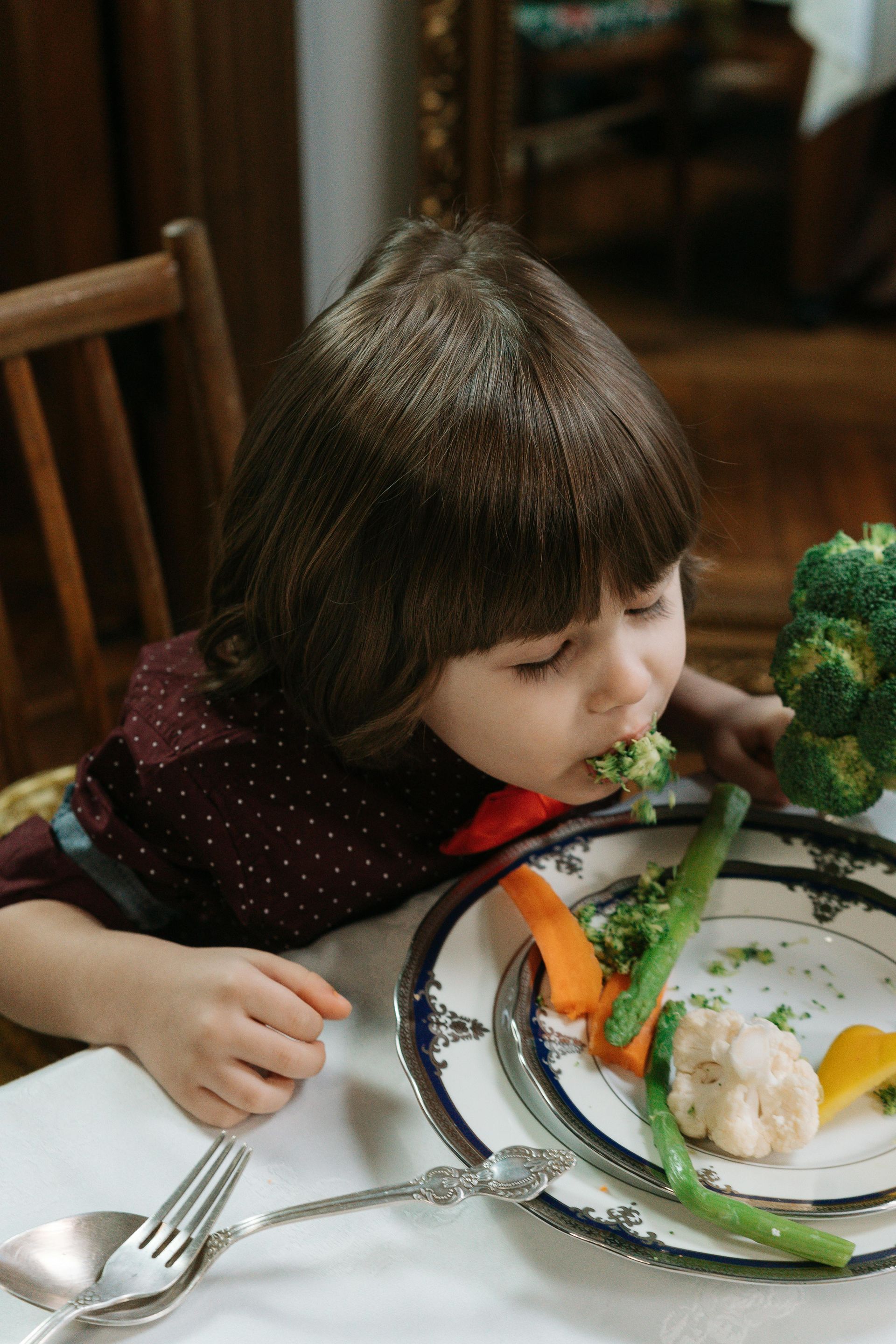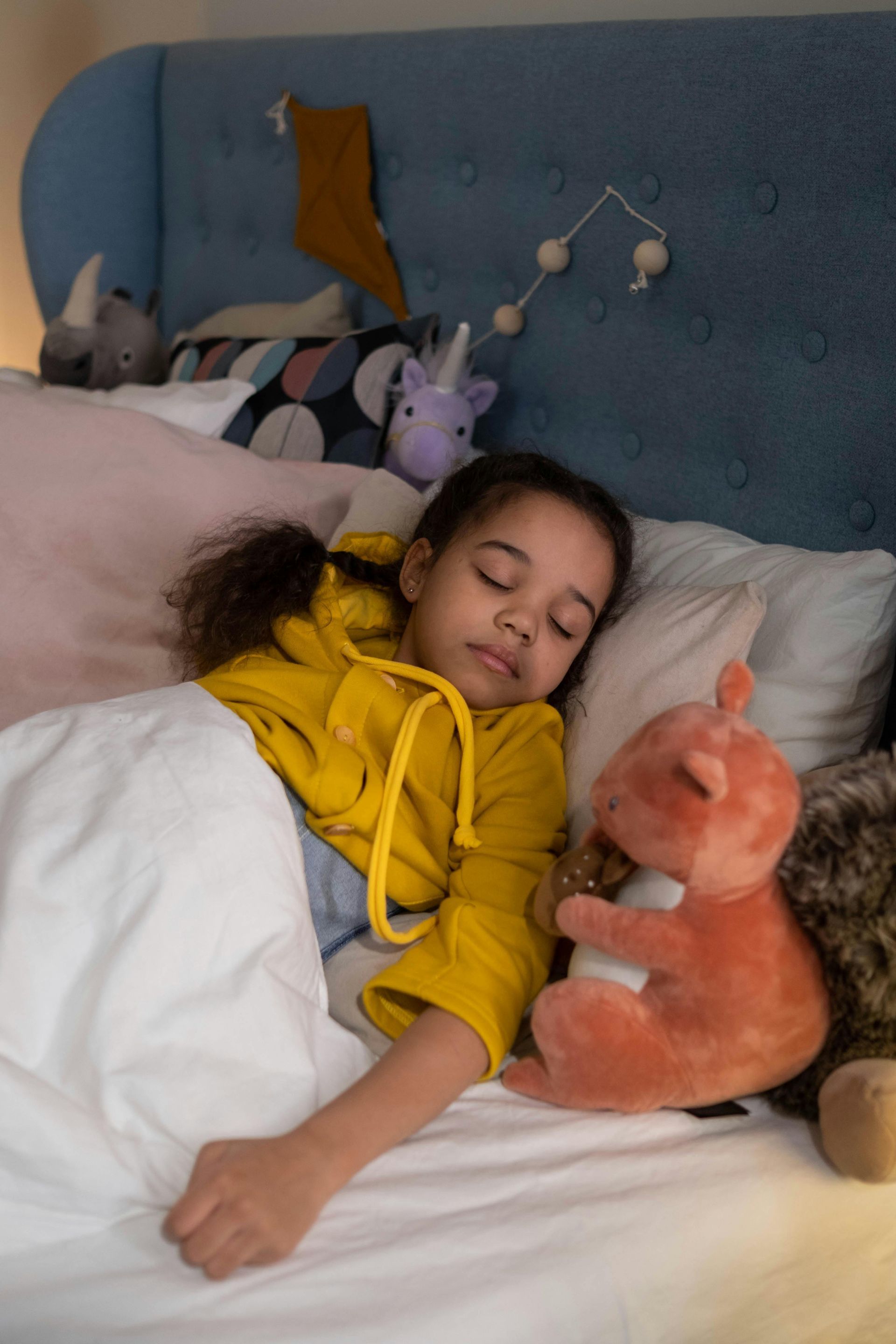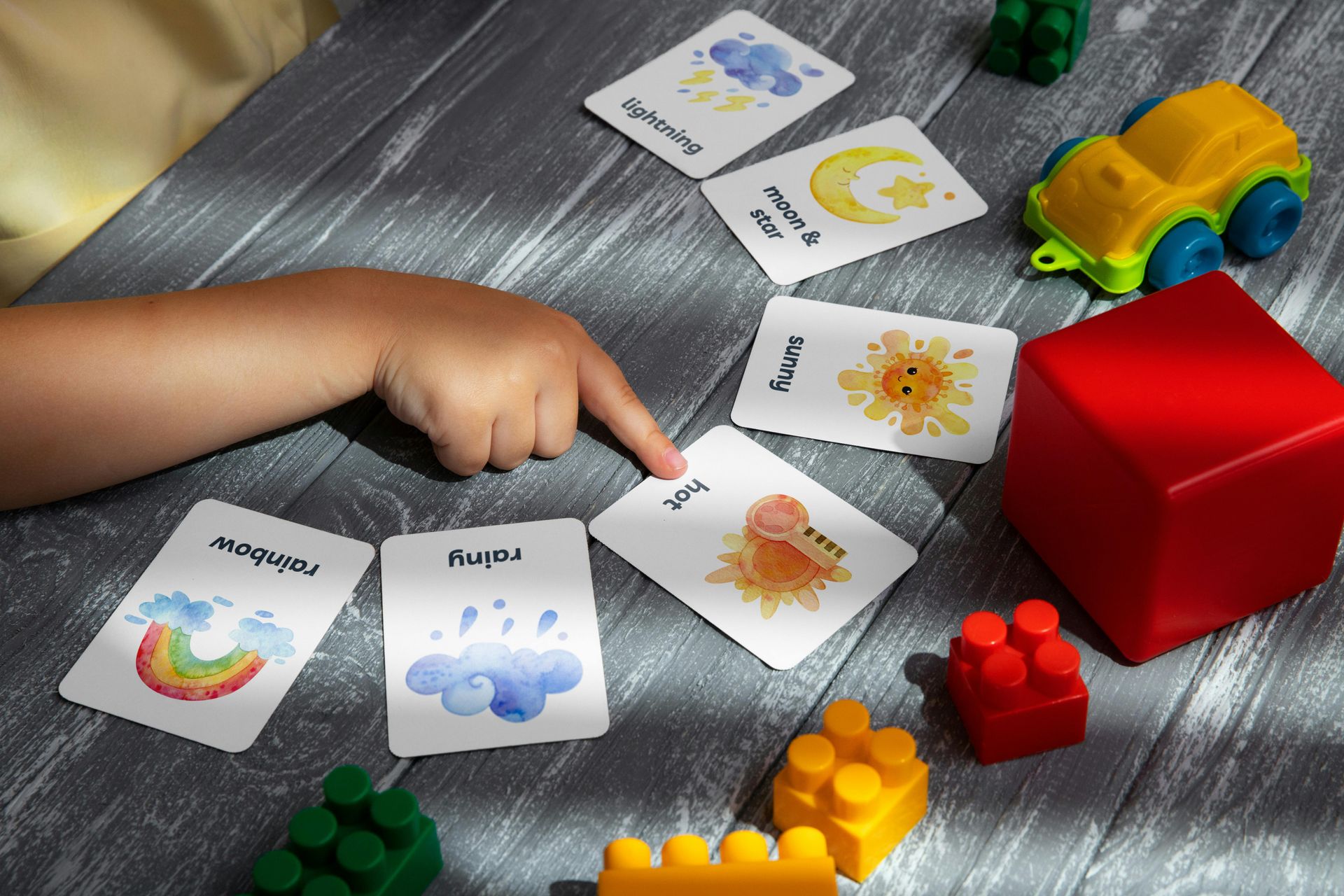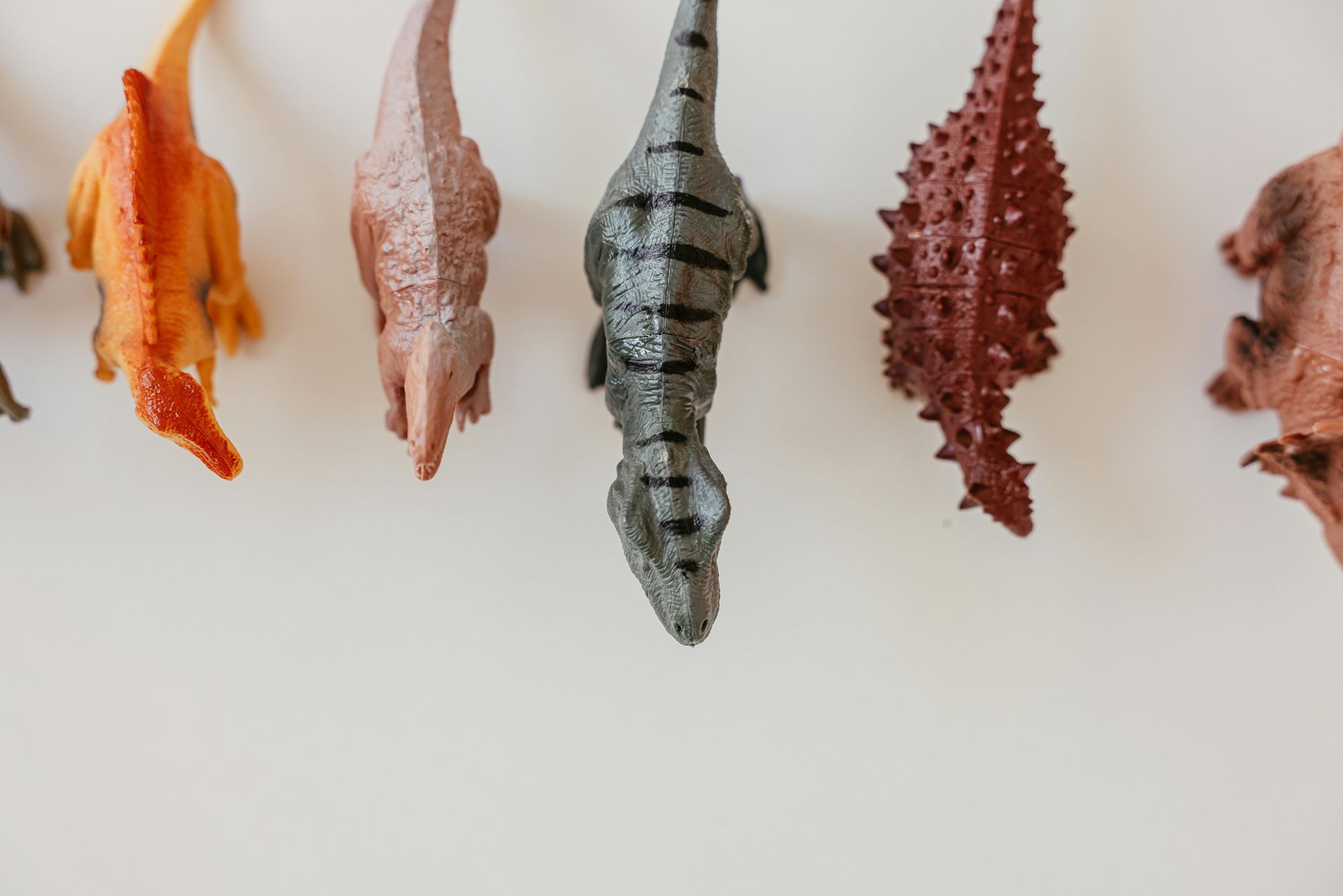Visiting the Dentist with Your Child with Autism
Visiting the Dentist with Your Child with Autism
For many, a visit to the dentist’s office has the potential to induce undesirable emotions such as fear and anxiety. This can be true for people of all ages and neurodivergent and neurotypicals individuals alike, but certain challenges may be even more intense for children with autism.
One reason that a dental appointment may bring about feelings of dread is autism’s common symptom of sensory processing sensitivity. Unpleasant sensory stimuli such as sounds, smells, bright lights, or unfamiliar sensations can be overwhelming to a child with autism. Moreover, behaviors such as hand-flapping or others that make it hard for a child to sit still may be problematic at the dentist’s office.
Finding the Right Dentist
Parents of children with autism often wonder if they need to find medical professionals who specialize in autism. The good news is most practitioners nowadays are trained to meet a variety of needs in their patients. As autism becomes more widely recognized and better understood, it has become easier to trust that dentists, doctors, and the like are equipped to treat their patients with autism.
That said, it is possible that you may go through more than one or two dentists before you find the right fit for your child. You may want to reach out to friends or support groups for recommendations. You may also choose to call or visit with questions to make you and your child feel more at ease. You could ask:
● “My child has autism. Can we request a slightly longer appointment slot in case she needs to take a break?”
● “Is it possible for someone to talk my child through the steps of the appointment beforehand?”
● “How are you equipped to help patients with autism?”
Preparing for a Trip to the Dentist
In the weeks and days leading up to your child’s appointment, consider prepping them using a visual schedule of a typical visit to the dentist. You could also use a social story to give them an idea of what will happen and remind them of their coping strategies. Let them bring along a comfort item like a blanket or stuffy, and anything else that could help them have a good experience—such as noise canceling headphones or a fidget.
Finally, reinforce desired behaviors and a successful dentist visit with a small reward. You can discuss with your child ahead of time what reward they will be working towards, and this may encourage them to cooperate with the dentist as much as they are able.
Positive Reinforcement uses forward chaining ABA therapy to help children and adults gain independence in using their new skill. Providing in home ABA therapy to North Virginia, West Virginia and Kentucky.











